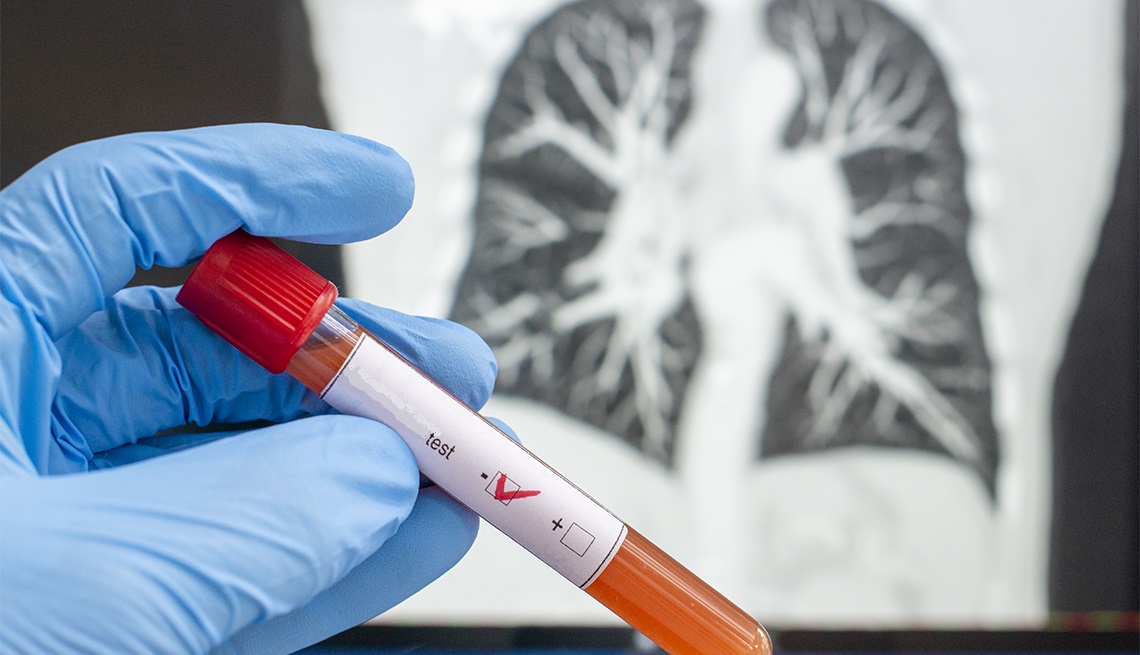Calls for Ukraine
Calls for Europe
Calls for USA

A new study from the University of St Andrews School of Medicine has found that checking biomarkers in people at risk of developing lung cancer led to a significant reduction in mortality.
The study, involving 12,000 smokers and ex-smokers, demonstrates how biomarkers – measurable indicators of biological changes – can help identify people at high risk of developing lung cancer, leading to earlier detection of the disease and significantly improved outcomes.
Professor Frank Sullivan, along with colleagues from the NHS and the universities of Dundee, Glasgow, Aberdeen and Nottingham, led a large-scale study involving 12,000 smokers and ex-smokers. The study, published Jan. 8 in the journal PLOS ONE, found that biomarker testing in high-risk people led to a 40% reduction in deaths from lung cancer and other causes over five years.
Biomarkers are measurable indicators of biological processes, such as proteins or other substances found in the blood or urine. They can signal changes in the body that serve as a sign of disease, including cancer, even before symptoms appear. The term “liquid biopsy” is sometimes used to describe this non-invasive detection method.
Lung cancer remains one of the deadliest cancers worldwide, with 2 million new cases and 1.76 million deaths each year. Although effective treatments exist, they are often administered too late because the disease is usually diagnosed at a late stage. If biomarkers can be used to identify people at high risk or to detect early signs of lung cancer, this approach could help save lives by enabling earlier and more effective treatment.
The research team intends to explore how biomarker analysis can improve lung cancer screening programs currently being developed or implemented in several countries. This targeted strategy could improve the identification of people at greatest risk, ensuring rational and efficient use of screening resources.
Dr. Frank Sullivan, Professor of Primary Care Medicine at the University of St. Andrews School of Medicine, emphasized the importance of early diagnosis. “This study, along with others that have used imaging techniques, shows that early diagnosis of lung cancer is now possible. This is good news because if cancer is detected early enough, the improved treatments currently available have a much better chance of success.”
This pioneering work highlights the potential of biomarker testing to change lung cancer diagnosis and reduce premature mortality on a global scale.
Please rate the work of MedTour
